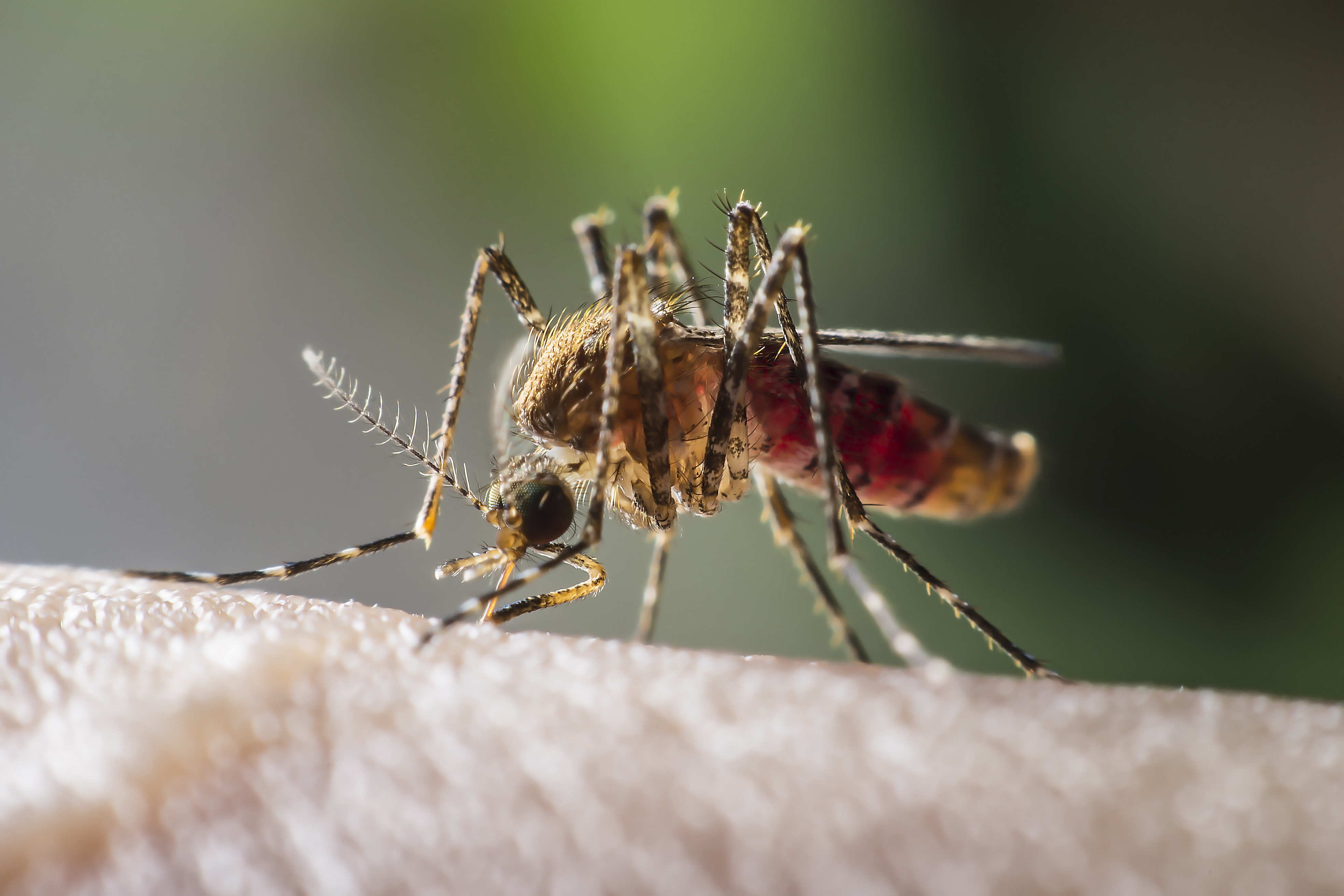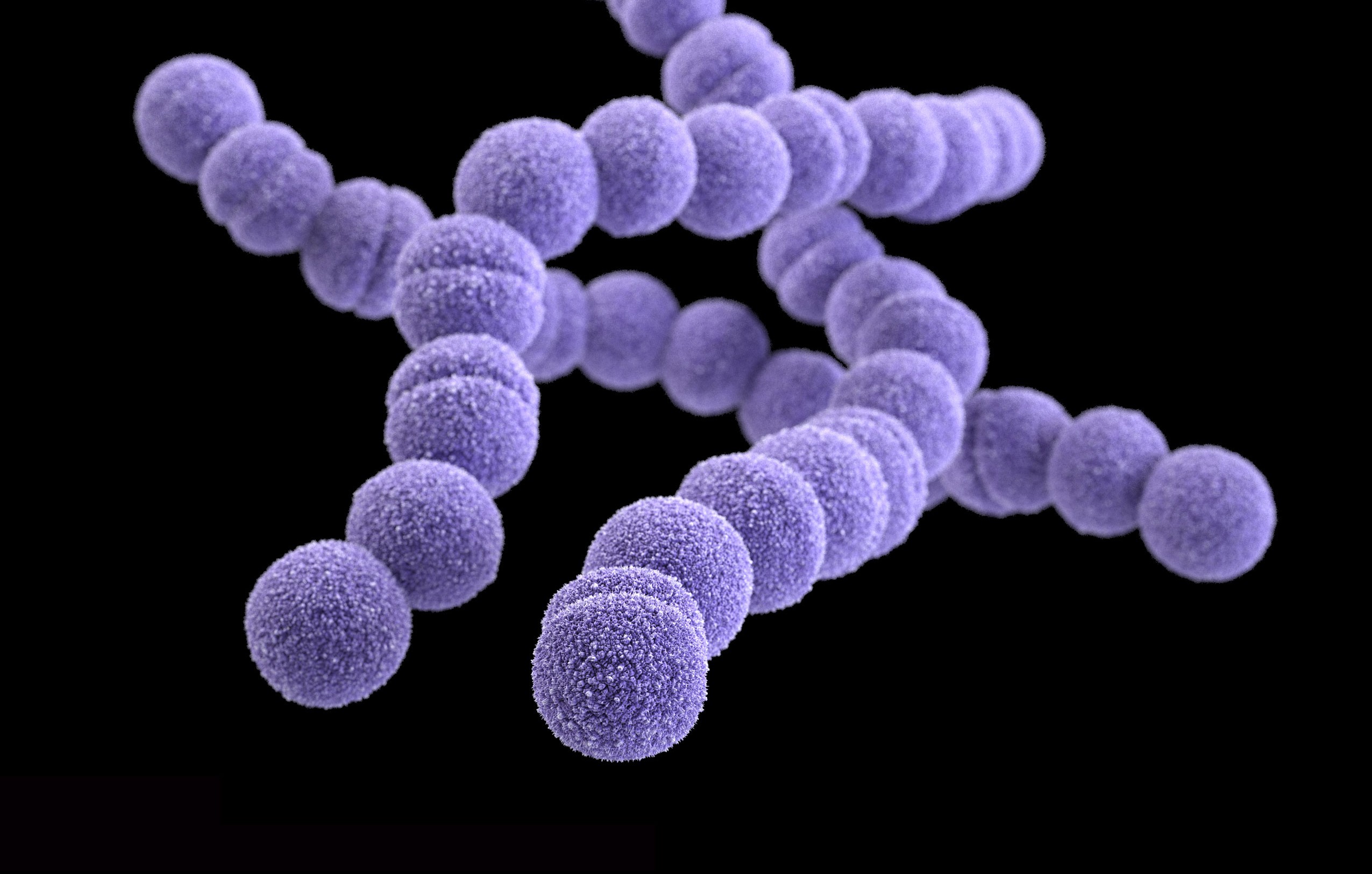Trying to think of a New Year’s resolution? Why not join the bid to cure malaria?
The Institute for Glycomics is calling for volunteers to be part of their malaria vaccine trials in 2016 on the Gold Coast.
Institute for Glycomics Research Fellow and clinical trials coordinator Dr Danielle Stanisic said her malaria vaccine research team led by Professor Michael Good was calling for volunteers to enable the vaccine to progress to the next stage of development.

The Laboratory for Vaccines of the Developing World
“There are currently 198 million cases of malaria across 109 different countries. Of the 600,000 sufferers who die each year, 80 per cent are young children who are simply not strong enough to fight off the killer parasite,” she said.
“By becoming a volunteer you will be helping bring a cure to those affected by the deadly mosquito-borne disease.
“Your help is the next step in rolling out this vaccine and making a significant difference in the world.”
To be part of the studies, volunteers need to be a healthy male aged 18 to 50 years old, who lives on the Gold Coast or is willing to drive to the Gold Coast during the study period.
The study involves administering one dose of the malaria parasite to participants and measuring it in the blood. Anti-malaria medication will be administered to all participants to prevent sickness from malaria.
This is the second clinical study to examine malaria vaccine strategies in humans that has been conducted at the Institute for Glycomics.
The first study, which took place in 2014-15, showed that the vaccine was well tolerated in recipients and induced a good immune response to the malaria parasite.
The malaria parasites are treated with a chemical which blocks the ability of the parasite to multiply and so when given the person does not get sick.
“These next upcoming studies, due to be conducted in cooperation with clinicians from Gold Coast University Hospital from January to March next year, will allow us to further examine the immune responses,” Dr Stanisic said.
“We plan to culminate these studies with a larger study at the end of next year which will then allow us to progress to testing in malaria infected countries.”
How to be involved
Participants will need to visit the Griffith University Health Centre at Southport up to 20 times during the study period.
You will receive all study-related treatment at no cost. Your travel and parking costs will be covered and you will receive a nominal fee of $50 for each visit.
To find out more or take part in this study, please contact: Dr Danielle Stanisic at [email protected].






